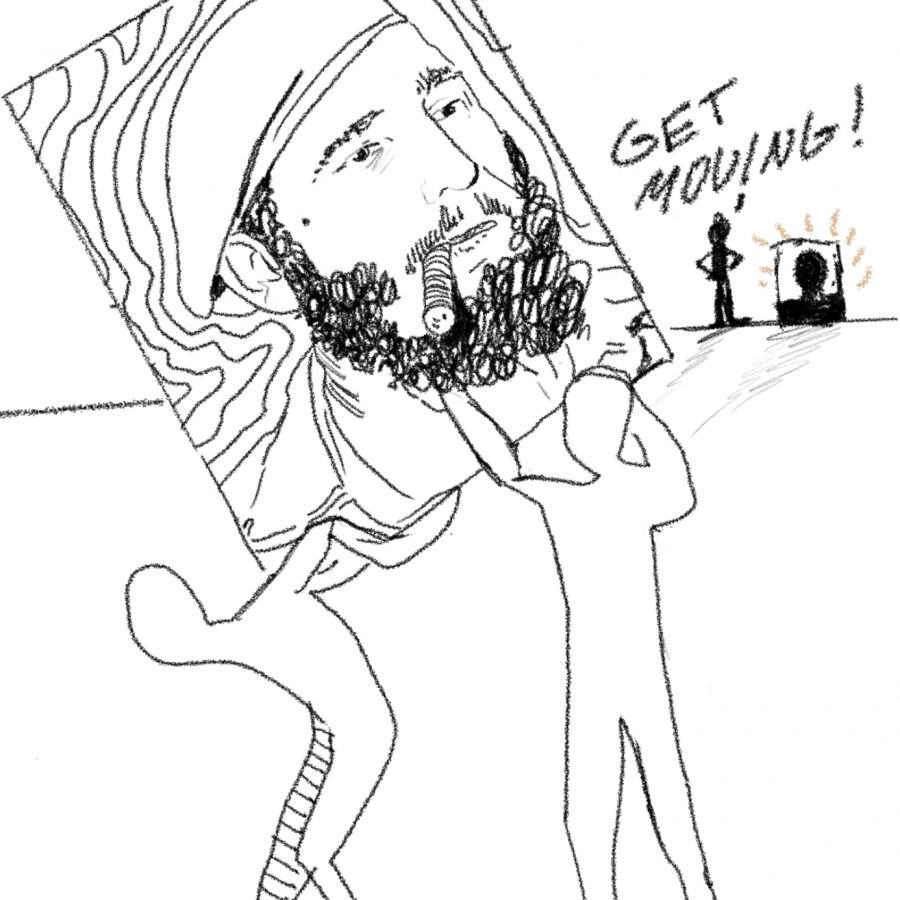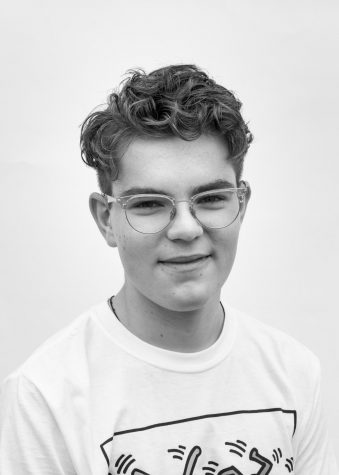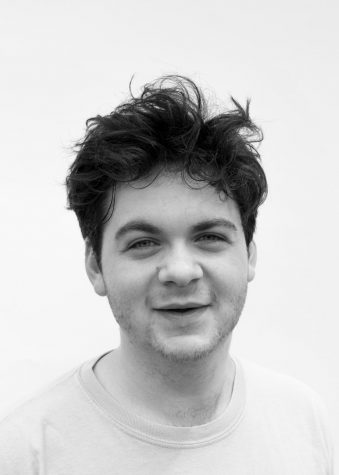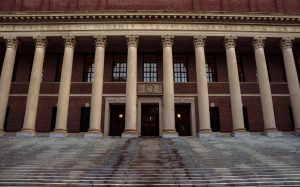End of an Era: Economic and Social Reforms on the Horizon as Cuba Transitions from Castro
April 29, 2021
For the first time in exactly 60 years, the Communist Party in Cuba will emerge from its congress without a Castro in power. The position of First Secretary of the Communist Party in Cuba, the executive position in the Cuban state—they have a president, but he is solely responsible for the military—will be ceded to Miguel Díaz-Canel by Raúl Castro.
Raúl Castro, 89, is handing over the reins after ten years in the position he inherited from his brother Fidel, the famous leader of the revolutionary vanguard who held the First Secretary position for fifty years. In Cuba’s one-party political system, the position of First Secretary has been held by the Castros consecutively since 1961.
Although it is improbable that the Cuban socialist government and institutions will dissolve any time soon, steps towards economic modernization and social liberalization, albeit meek ones, are expected domestically. In his latter years, Raúl Castro has campaigned to “renew” Cuba’s socialist economy by “expanding private ownership, facilitating investment from the country’s diaspora community, and incorporating new exchange and distribution systems” that have been traditionally seen as market-oriented. This has led to some speculation that Cuba may transition towards a model more similar to that of China and Vietnam with more open markets, less government planning of the economy, as well as a private sector.
Over the last six decades, the Party has been quite resistant to market reforms, and yet these past three years have shown signs of the exact opposite. A new constitution adopted in May 2019 with almost 80 percent approval among voters states that the country’s commitment to socialism was “irreversible.” Yet, like many in the Party’s new decision-making political bureau, sixty-year-old Díaz-Canel was born after the Cuban revolution led by Fidel Castro, and has been more open to change. The new executive team will have the task of building its own legitimacy, which could come from a political project that brings economic prosperity and social justice to Cuba. Change has already started to arrive on the Caribbean island: in a historic decision by the Cuban government, the previously state-controlled economy was opened to private entities in February. This decision came about due to the economic problems that Cuba has been facing, much due to the COVID-19 pandemic. This movement towards the opening of the Cuban economy will help in the creation of more jobs and in the control of poverty, as noted by The New York Times, “Many Cubans are now hoping the economic reforms will stimulate the private sector and allow independent business operators to kick-start the economy.”
Medical diplomacy has also been a prominent feature of the Castro legacy. The Party maintains a policy of sending thousands of Cuban doctors, agricultural technicians, and other professionals to other countries throughout the developing world. Cuba expanded its ambitions in the early 1980s, when Castro—known for devouring bimonthly briefings on the New England Journal of Medicine—became intrigued by domestically producing interferon proteins to fight an outbreak of dengue fever. The Cuban leader vowed to build a biotech juggernaut in the Caribbean, advancing the idea in the early 1980s with six researchers in a tiny Havana lab. Forty years later, the communist island nation is on the cusp of a singular breakthrough; becoming the world’s smallest country to develop, not just one, but multiple coronavirus vaccines. Five vaccine candidates are in development, two in late-stage trials with the goal of a broad rollout by May. Should they prove successful, the vaccines would be a feat of medical prowess for an isolated country of 11 million.
In recent months, artists and intellectuals earned themselves an audience with the government, rather than arrest, after several protests to demand free expression. Animal rights activists have also made their voices heard with the first-ever non-political demonstration authorized by the state, culminating in the country’s first animal protection laws.
The new executive will have to introduce further cautious political reform to effectively manage the tensions in society between the old guard and a new generation. The arrival of the internet on mobile phones at the end of 2018 has made for a societal paradigm shift, with never-before-seen access to information previously controlled by the state media, and new forums for expression, even organizing demonstrations. The Party has said next month’s congress would have to “reflect on how to better deal with political-ideological subversion” on social media.
The country’s direction will also largely be shaped by Cuba’s relationship with the United States. President Joe Biden had promised during his election campaign to reverse certain sanctions toughened under his predecessor Donald Trump. “Our Cuba policy is governed by two principles. First, support for democracy and human rights. Second is Americans, especially Cuban Americans, are the best ambassadors for freedom in Cuba. So we’ll review the Trump administration policies,” White House press secretary Jen Psaki said at a news briefing.
However, Cuba would be required to respond in the form of human rights reforms. The country is accused by rights watchdogs of regular infringements, including arbitrary detention of opponents, unfair trials, and infringements of freedom of speech and assembly. The new team will seek to construct a functional and pragmatic relationship with the United States by reducing the influence of the military in government, the party, and even the economy. The end of the Castro era and a new American government leave hopes of new friendly relations between both nations.
All in all, this change in executive marks the end of an era for the most influential family in Cuba’s last sixty years. However, the absence of such extreme ideology, the increase of social movements, and recent medical success may allow Díaz-Canal to change Cuba and put it on the path to democracy.











